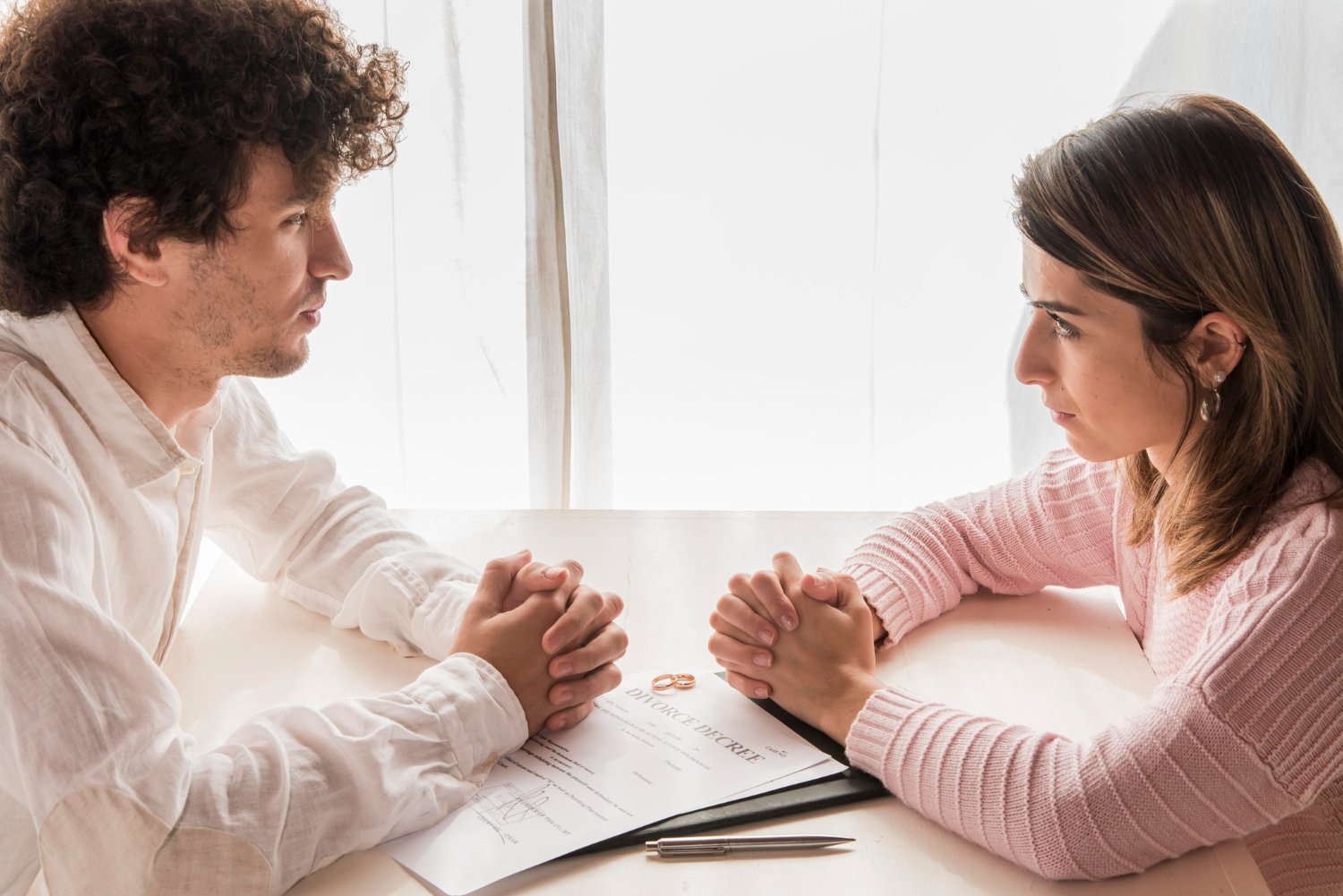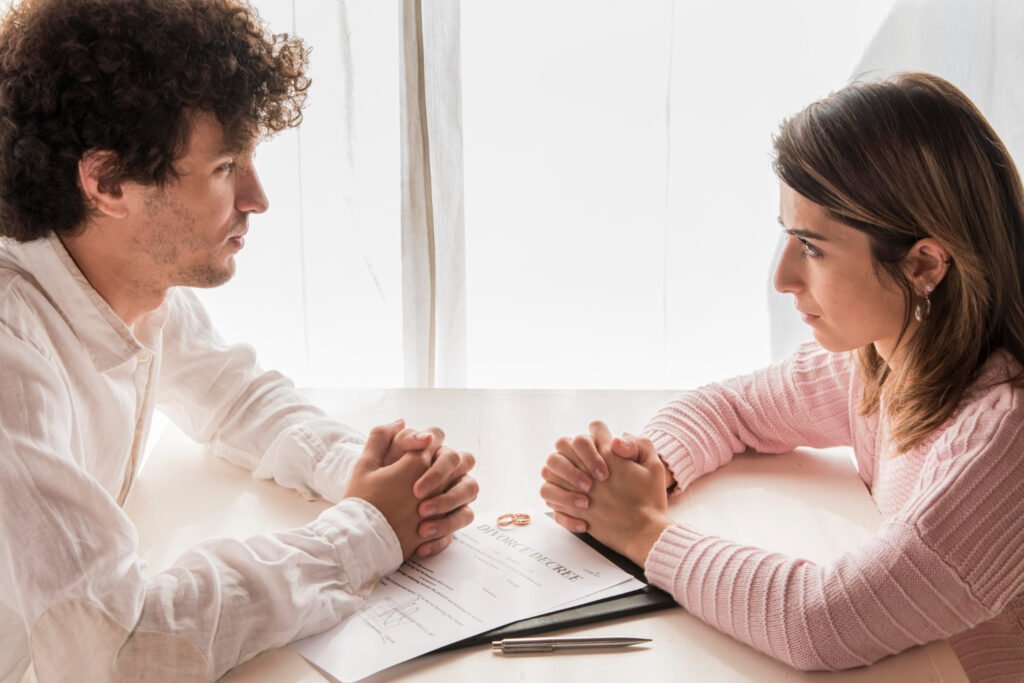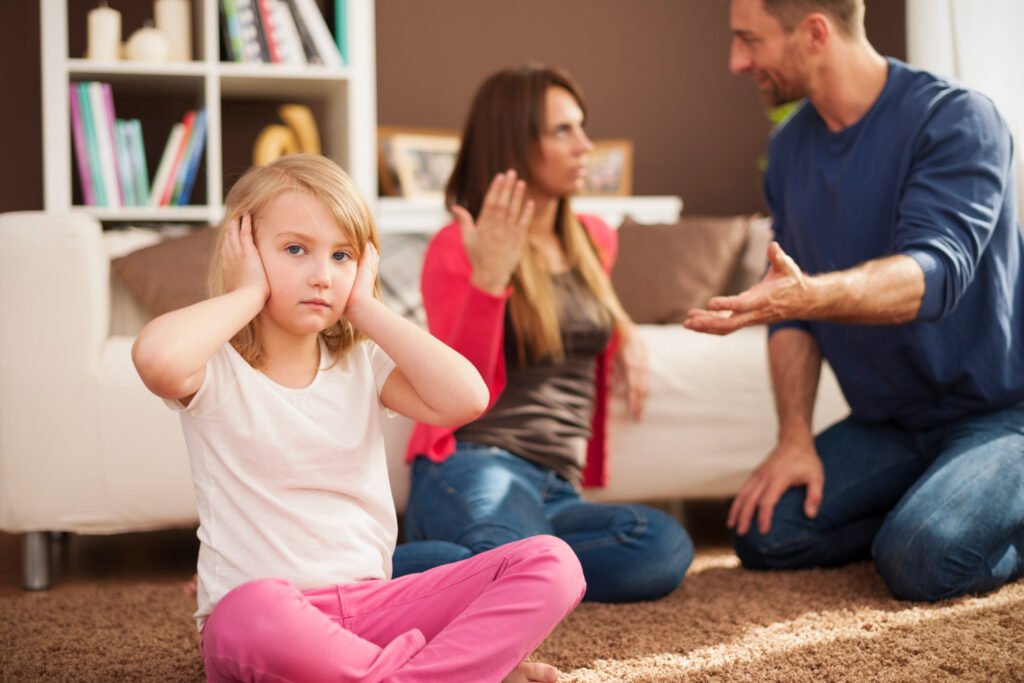Divorce is rarely easy — not for the couple, and certainly not for the children caught in between. For kids, the family home is their first sense of security. When that foundation shifts, it can bring confusion, fear, or sadness. But the good news is this: after divorce, parents still have the power to create a stable, loving environment that helps their children thrive.
In this blog, we’ll explore practical, compassionate ways you can support your children after divorce. Stability isn’t about perfection; it’s about consistency, empathy, and showing up — even in difficult moments.
Why Stability Matters After Divorce
Children need to feel safe to grow emotionally, socially, and academically. After divorce, kids often experience uncertainty: new living arrangements, different routines, and sometimes even changing schools or neighborhoods. All these changes can be overwhelming.
When parents focus on creating stability, it helps children:
- Feel secure and grounded
- Trust that their needs will be met
- Cope better with emotional challenges
- Maintain healthy relationships with both parents
Let’s look at what you can do to build this sense of stability in your child’s world.
1. Prioritize Consistent Routines
Kids thrive on routine. Knowing what to expect each day can provide enormous comfort after divorce. Whether your child lives in one home or alternates between two, try to keep certain parts of daily life predictable:
- Mealtimes, bedtimes, and homework schedules should be as consistent as possible.
- Coordinate with your co-parent so rules and routines are similar in both homes — it reduces confusion and helps kids feel safe.
- Give your child a calendar so they can see when they’ll be with each parent. This small tool can ease anxiety about transitions.
2. Keep Communication Open and Age-Appropriate
Children process divorce differently depending on their age and personality. One of the most stabilizing things you can do is to keep the lines of communication open. Check in with them regularly:
- Ask how they’re feeling about the changes in their life.
- Listen without judgment. Sometimes they just need to vent or express their fears.
- Offer reassurance. Let them know it’s okay to feel sad, angry, or confused — but remind them they’re loved, no matter what.
Be honest, but mindful of their age. Younger children need simpler explanations, while teens may want more details. Avoid burdening your child with adult concerns or conflicts.
3. Be a United Parenting Team (As Much As Possible)
It’s not always easy, but working cooperatively with your ex can make a world of difference after divorce. When kids see their parents supporting each other in parenting decisions, it provides a sense of unity and security.
- Keep disagreements between adults. Don’t argue in front of your children.
- Make joint decisions about big issues like education, health care, and discipline whenever possible.
- Avoid speaking negatively about the other parent in front of your child — this can create loyalty conflicts and emotional stress.
4. Encourage Connection with Both Parents
Unless there are serious safety concerns, it’s healthy for kids to have strong relationships with both parents after divorce. Encourage your child’s bond with your co-parent. This shows your child that love and support come from both sides, and that they don’t have to choose between you.
- Be flexible about visitation and special occasions.
- Celebrate milestones together when you can — birthdays, graduations, sports events.
- Let your child talk about their time with the other parent without guilt or pressure.
5. Create a Space That Feels Like Home
If your child splits time between two households, make sure they have a space that feels truly theirs in each home. It doesn’t have to be big or fancy — just a place where they feel comfortable and secure.
- Let them decorate their room or space with favorite items, posters, or photos.
- Keep familiar routines in place, like bedtime stories or morning rituals.
- Have essentials (toothbrush, clothes, school supplies) at both homes so they don’t feel like a visitor.
6. Watch for Signs of Emotional Struggle
Even with your best efforts, some children will need extra support after divorce. Be attentive to signs that your child may be having a hard time coping:
- Withdrawal from friends or activities they once enjoyed
- Changes in appetite, sleep patterns, or school performance
- Frequent outbursts of anger or sadness
- Expressing feelings of guilt or self-blame
If you notice these signs, consider reaching out to a school counselor, therapist, or support group. Getting help early can make a big difference.
7. Take Care of Yourself, Too
Your well-being directly impacts your child’s sense of stability after divorce. Children are perceptive — they pick up on your stress, anxiety, or sadness. Make sure to prioritize your own emotional health:
- Lean on supportive friends and family
- Join a support group for divorced parents
- Practice self-care: exercise, meditate, journal, or pursue a hobby
When you take care of yourself, you model resilience and strength for your child.
Final Thoughts
Stability after divorce doesn’t mean life stays exactly the same — it means creating a new normal where your child feels loved, safe, and supported. It’s about being there, day after day, with patience, kindness, and understanding.
No parent is perfect. What matters most is your commitment to your child’s well-being. Small, consistent actions can build the strong foundation they need to thrive, no matter what changes life brings.

























